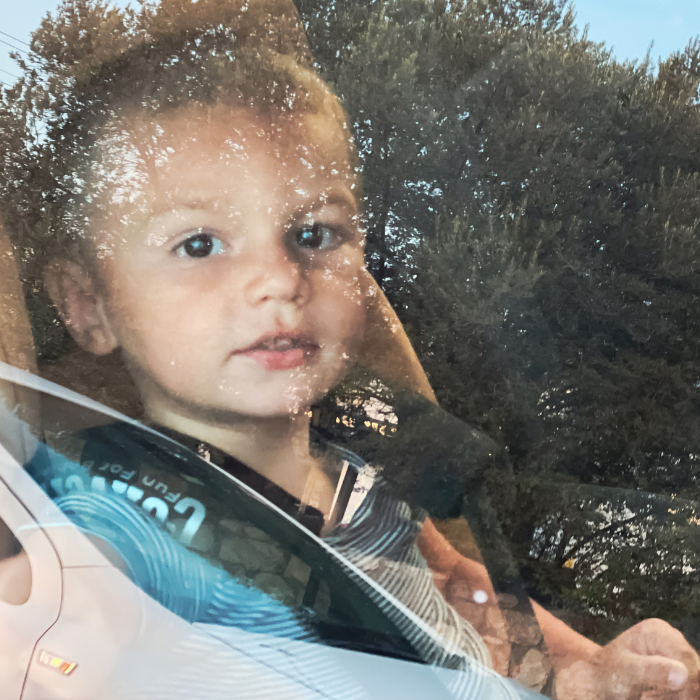
With a big of forethought, there are many ways for your kids to get more milage from a family holiday.
In a child’s mind, the time between the first mention of a holiday and its arrival seems forever. As adults, however, we know the holiday will arrive in an instant and be gone in a flash. Going on holiday, whether locally or abroad, is the setting for a great educational experience on so many levels. Learning about your destination and its characteristics also makes the trip more memorable in the long term.
pre-holiday preparations
The pre-holiday period is a great chance to involve your child in the traditional tasks of holiday planning. Making a list is a great way of encouraging children to be organised and to take some responsibility for their own belongings. Even a young child can draw pictures or make a collage of things they need to take. This process can take place a few weeks before the holiday ? and after discussions of what can and cannot be taken, you will have a perfect and practical list!
educational opportunities
One of the most exciting parts of the pre-holiday period is realising that those places in the brochures are places you’re actually going to be. Use this opportunity to learn as much about your destination as you can. Great sources of information are books from the library, the internet and travel brochures.
Even if you are travelling to a destination within or close to your own hometown, take the opportunity to see familiar sights as a tourist. Collect brochures to see what visitors to your home town or city are encouraged to see and experience. How often do we take our scenic countryside and beautiful beaches for granted?
For younger children, locating your destination on a world map or globe is a good place to start. From there, discuss the environment of your holiday spot: What’s the weather going to be like? What are the kinds of animals we might see? If the weather is going to be different from what it is at home, then talk about things that you might need.
If your destination is somewhat exotic, and there is a chance you may encounter different insects and animals, then get to know these creatures, what they eat and where they live. Of course, a lot of holidays take place in residential areas where native animals are not likely to be seen. If this is the case, then take the opportunity to visit the local zoo, park or aviary, so you can observe some of the local wildlife.
The history and culture of a holiday destination can prove an enticing topic for the older child. Some of the best tours in Greece or Italy often have guides that are knowledgeable of the area as well as other interesting facts. If you don’t have a guide or tour, use buildings, sites and monuments as a starting point for researching and learning more about the history of an area – what went on, and why things are the way they are today. If a history lesson is not what your child had in mind, then adapt to their current interests. If they’re into sport or music, then study these topics and how people pursue them at your chosen holiday spot.
are we there yet?
Once you’ve reached your destination, there are numerous educational opportunities to take advantage of. One of the easiest ways to ensure your holiday memories last is to collect items to take back home. Even the most mundane items, such as bus tickets, pamphlets, receipts, newspapers and business cards, are rather impressive when grouped together in a holiday scrapbook.
Likewise, maps are a great way to track where you’ve been, whether it’s within suburbs, cities or countries. Use a pen to document your tracks, and you’ll have a clear picture of the areas you’ve visited. A few purchased postcards can also provide a colourful reminder of places visited. If your child is a stamp collector, send a few postcards to your home address and they’ll have some stamps for their collection on their return home.
Another simple idea is to encourage your child to keep a holiday diary of pictures and stories. Journaling encourages children to keep a daily record of what they have experienced, and it’s interesting to see how they interpret what they have seen and heard. A diary is also great to show the preschool or school teacher, especially if your holiday has encroached on the school term.
Along with the usual souvenirs, think of purchasing some items that truly reflect the area you have visited. For example, buy a book of recipes from your holiday spot, or a traditional piece of clothing or jewellery.
Of course, photos are the quintessential holiday memento. Don’t forget to take images of what seems to be ordinary ? the hotel room number, flora and fauna, meals about to be eaten. These images can evoke special memories of your holiday, and provide a nice change to the typical holiday shots.
back to reality
Back at home, it’s time to unpack, catch up on all the washing, and head back to everyday life. It’s also the perfect time to spend a few nights going through photos, collating all those bits of memorabilia, and organising the holiday scrapbook. If your child is old enough to write, select a blank book or album where they can write their own captions underneath a photo. This is a great way for children to share their adventures in their own words.
A holiday, no matter where to, can provide an opportunity to educate your child and extend their experiences. Thinking about the time periods both before and after your holiday can also make your holiday seem that little bit longer. By taking a little time and thought, the memories of a holiday can last long after you have returned home to the routines and reality of day-to-day life.
Catherine Murray is a freelance writer and editor, and mother of two young boys.








